Understanding greater/less than Worksheets for Ages 8-9
3 filtered results
-
From - To
Explore our expertly designed "Understanding Greater/Less Than" worksheets, tailored for children ages 8-9. These engaging printables from Kids Academy help young learners master comparing numbers with ease. Through a variety of fun activities, students will develop a firm grasp of greater than, less than, and equal to concepts. Each worksheet is crafted to encourage critical thinking and enhance math skills, making learning both effective and enjoyable. Perfect for classroom or home use, these worksheets ensure your child gains confidence in math, setting great foundations for future success. Discover a world of learning possibilities and make math exciting!
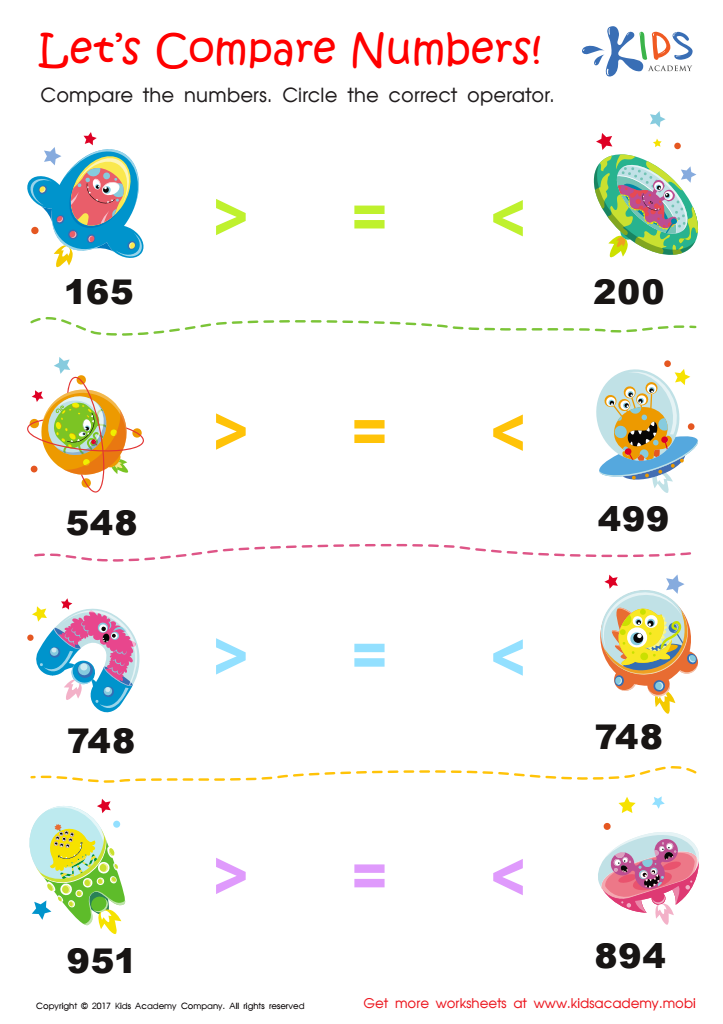

Comparing Numbers Worksheet for 2nd Grade
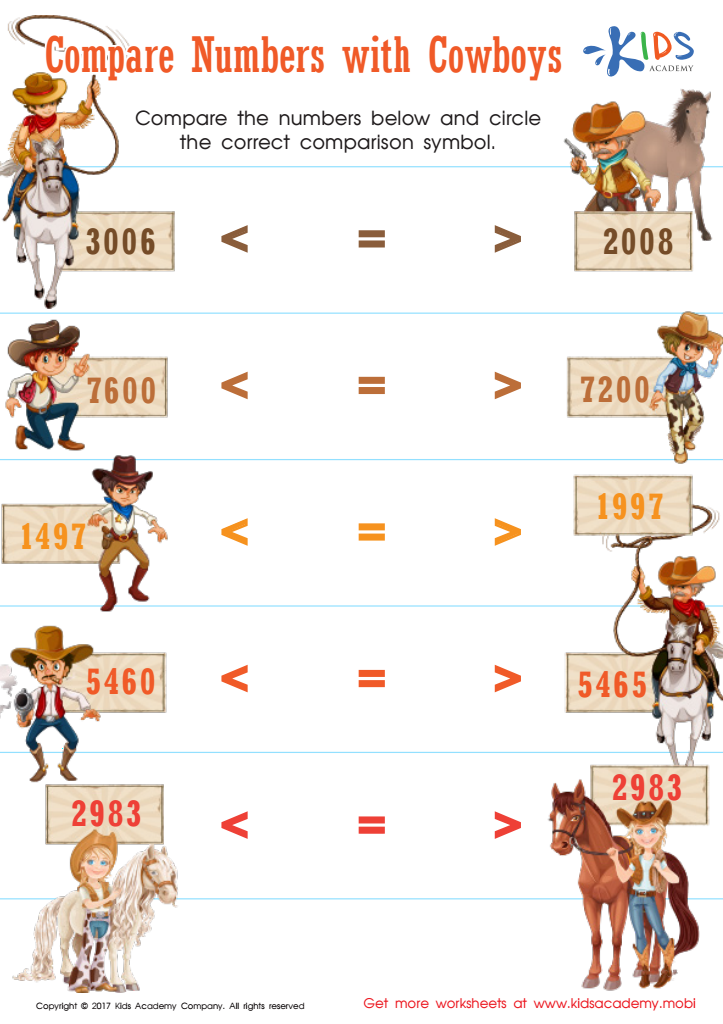

Compare Numbers Worksheet for 3rd Grade
Understanding the concepts of "greater than" and "less than" is crucial for children aged 8-9 because it forms the foundation for mathematical reasoning and critical thinking. At this stage, students are typically in the third grade, when more complex mathematical operations such as multiplication, division, and fractions start being introduced. A solid grasp of comparative terms helps children make sense of these more advanced topics.
This understanding also enhances their problem-solving skills. For instance, when children can compare numbers, they can better estimate outcomes and make informed decisions in everyday contexts like reasoning about quantities when cooking, shopping, or playing games. This comparative ability is not only essential for math class but also in science, social studies, and other areas where data interpretation is necessary.
Moreover, mastering these concepts can boost a child's confidence in math, paving the way for a more positive attitude towards learning in general. When teachers and parents support kids in understanding "greater than" and "less than," they are essentially giving them the tools to approach real-world situations logically and thoughtfully, setting them up for academic and personal success in the future. Therefore, investing time and attention in these fundamental mathematical concepts is invaluable.

 Assign to the classroom
Assign to the classroom
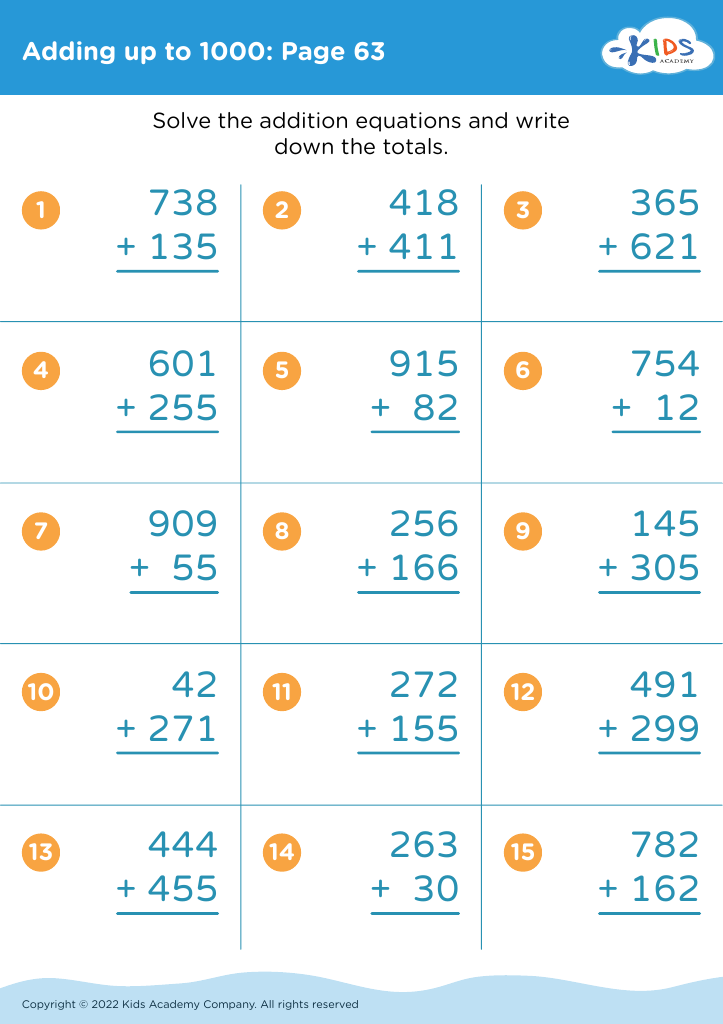
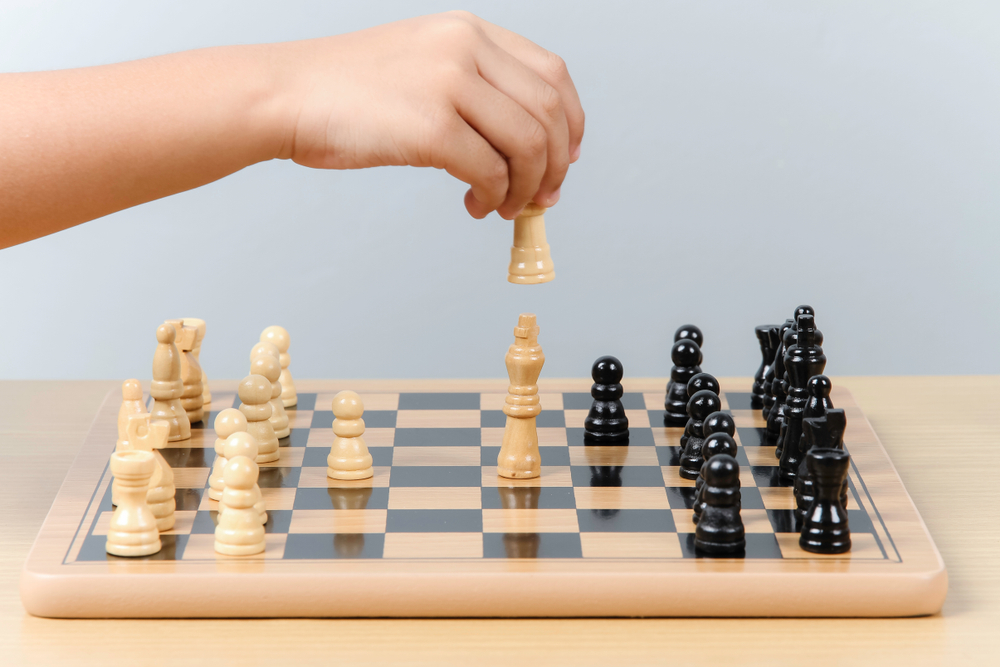



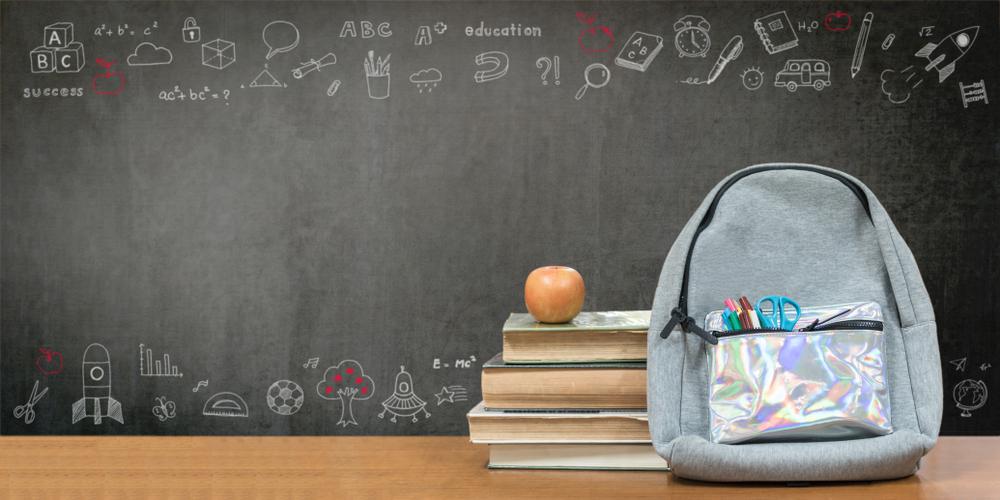
.jpg)






